For those unfamiliar with the term, Aliyah, is the symbolic event of Jews returning to live in Israel, which is considered to be their ancestral homeland. The very first Aliyah settlements still hold a substantial place in the memory of modern Israelis today. One of these initial settlements is Zikron Yaakov, located on the slopes of Mount Carmel, between Haifa and Caesarea. This settlement would become Israel’s premier and most successful winery, a title it still holds to this day. In addition, Zikhron Yaakov played a large part in the success of Zionism.
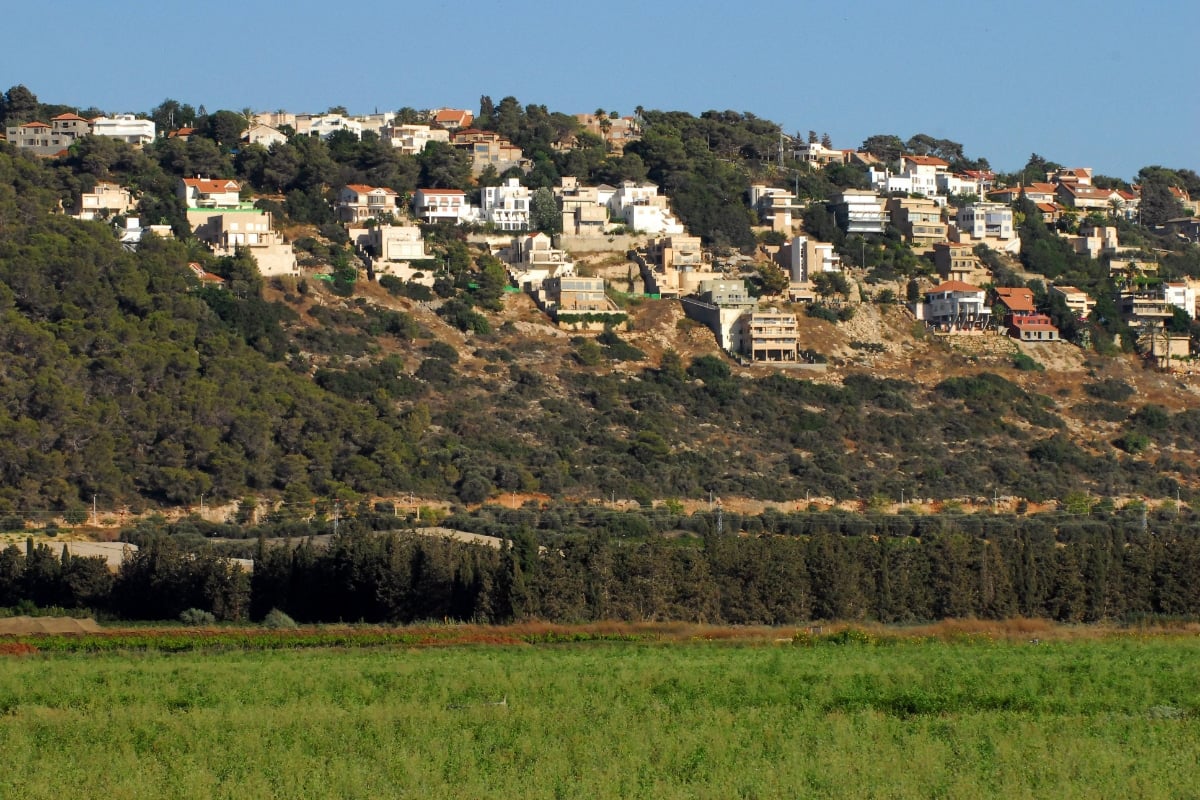
The History of Zikhron Yaakov
Unlike a great deal of other Israeli cities, the town of Zikhron Yaakov does not have a substantial ancient history. The town itself is part of the newer age of Israeli history, with roots beginning prior to the establishment of the State in 1948. The story goes that in 1882 around one hundred Romanian Jews made their way from Eastern Europe and founded a settlement on Mount Carmel. The settlement was not entirely a success at first when the population suffered a terrible malaria outbreak. Many settlers either succumbed to illness or migrated to another area of the country.
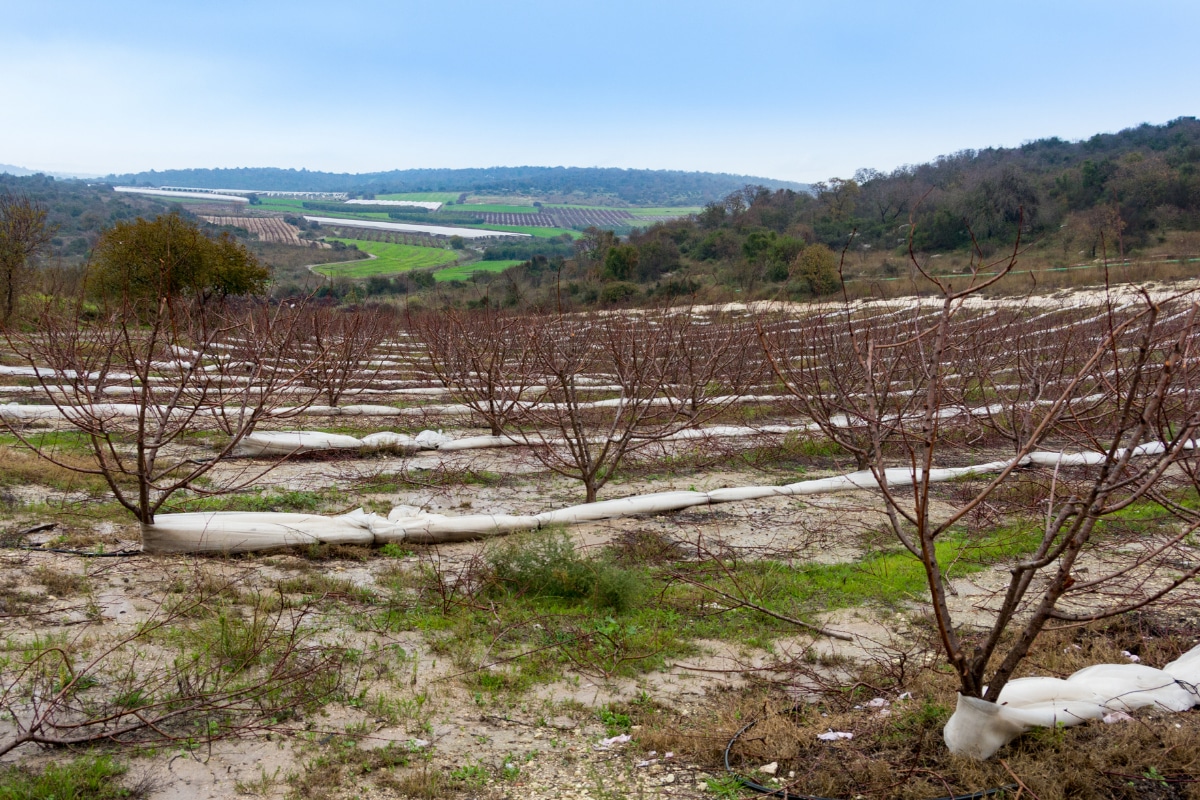
The man responsible for putting the settlement back on the map was a French Jew by the name of Baron Edmond James de Rothschild. He was a prominent philanthropist and wine maker back in France. When he laid eyes on the slopes of the settlement he knew that they would be ideal for raising grapes.
He re-established the settlement as the town of Zikhron Yaakov, named in memory of his father Isaac, and began the Carmel Winery. At first the winery was a blunder when the grapes succumbed to a parasite that wiped out nearly all the vines, however, Baron was not discouraged. He imported seedling varietals from America that were more resistant to parasite infection and voila, success! The vineyards and winery are still hailed as being some of the best wine on the Israeli market.
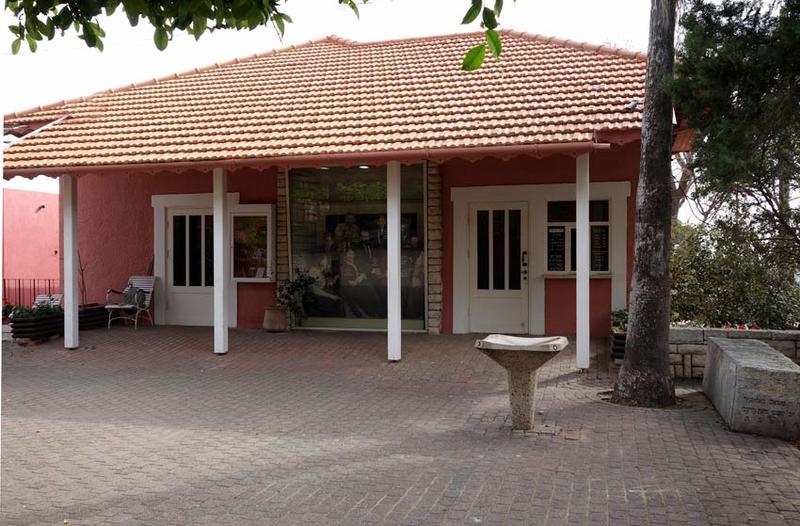
Other than its established wine history, Zikhron Yaakov played a substantial role in the victory of the British conquest during the early 20th century. The British government supported the Jewish Yishuv movement gaining allies amongst Jews living in Eretz Yisrael. One of the best places to learn about this history is the Beit Aaronsohn-Nili Museum. Nili is an acronym for Netzach Israel Lo Yishaker, roughly translated as “the Jewish nation will live forever.”
The Nili organization was in itself a network of spies that collected intelligence for the British forces. This espionage ring was led by Aaron Aaronsohn and several other members from Zikhron Yaakov. Aaronsohn himself was an agronomist by trade but all members of the Nili movement were dedicated to the success of the British and the promise of a Jewish homeland.
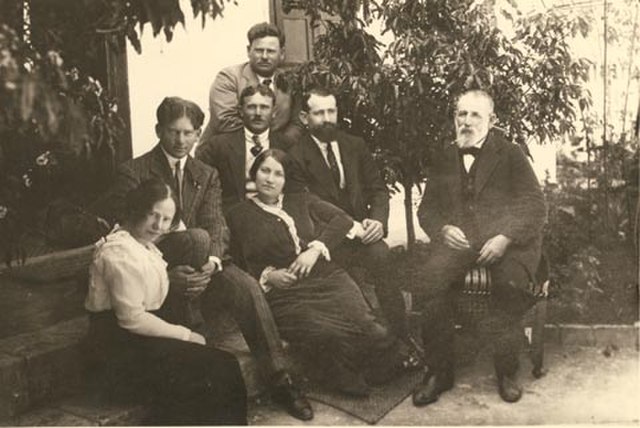
The First Aliyah Museum in Zikhron Yaakov
Another site that commemorates the early days of Zionism and the brave men and women who worked tirelessly to realize that dream is The First Aliyah Museum. The building itself is a national heritage treasure built in 1894 by Baron Rothschild as the administrative center of Zikhron Yaakov.
The building was later the site of the historic “First Convention” in 1903. This was when the issues of Zionism were unpacked by Jewish leaders such as Menachem Ussishkin and of course Baron Rothschild. Later on the building was used as a base of operations, hospital, and mosque. In the late 21st century, it was finally converted into a museum to preserve the many phases of its life.
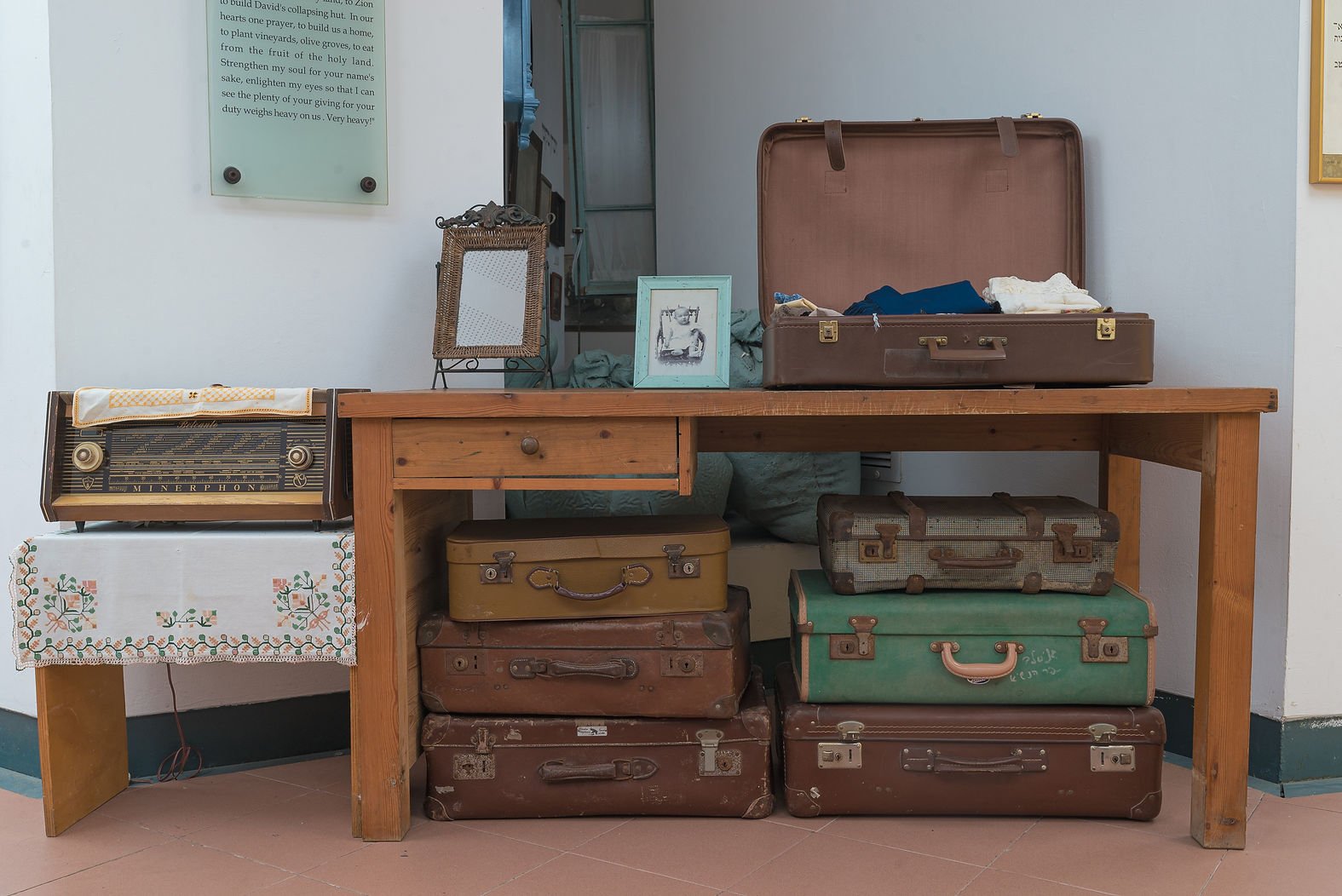
The Amphorae Winery in Zikhron Yaakov
Of course, a visit to Zikhron Yaakov would not be complete without a winery tour. Other than the famed Carmel Winery, Amphorae Winery is also known for its distinct blends and unique approach to raising grapes. The winery itself is very young, having only been established in 2000 but since then it has revolutionized the industry. The winery focuses heavily on environmentally responsible practices. There is limited intervention in its fermentation practices while relying mostly on solar energy for its electricity consumption.
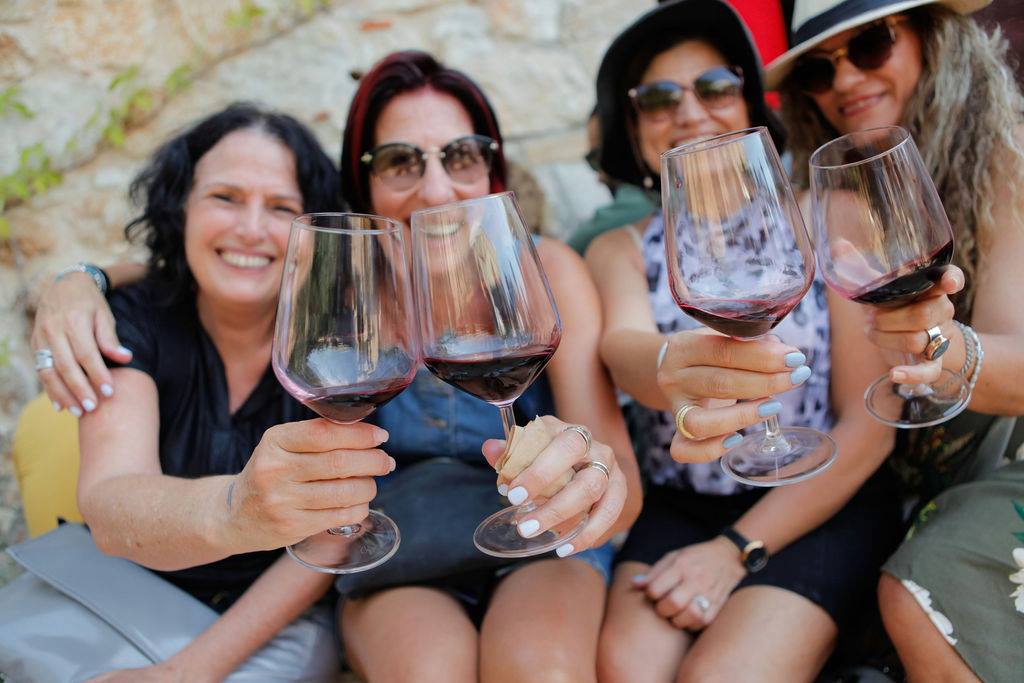
Innovative practices are common within the history of Zikhron Yaakov. Aaron Aaronsohn, in addition to being the ringleader of the Nili movement, also discovered a wild grain called “mother wheat”. This wild grain is considered to be amongst the first grain strands in the Levant, an ancient source of food.
Aarsonnsohn’s discovery of the grain paralleled the entirety of the Zionist movement in the sense of Eretz Yisrael being the homeland of the Jewish people. In fact, the whole Aaronsohn clan played huge roles in the success of the Zionist movement. Sarah Aaronsohn ran the legions of Nili spies when her brother was indisposed. Their parents were also two of the one hundred community members of the original settlement.
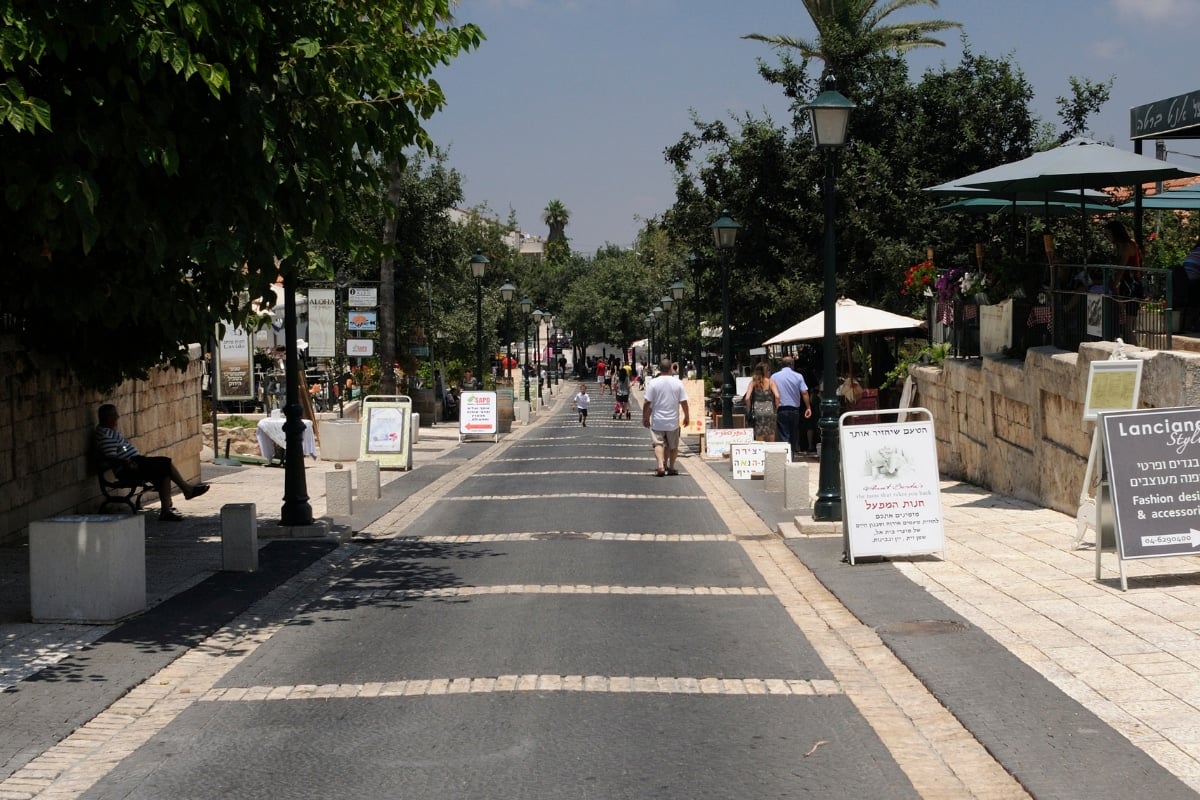
Zikhron Yaakov is the ultimate symbol for Israeli innovation and Zionist history. From the soil on which its wineries thrive, to the irreplaceable contributions of its early community members, this town is a modern day miracle. It reminds Israel and the world what is possible when good men with unrelenting spirits have a dream to realize.

